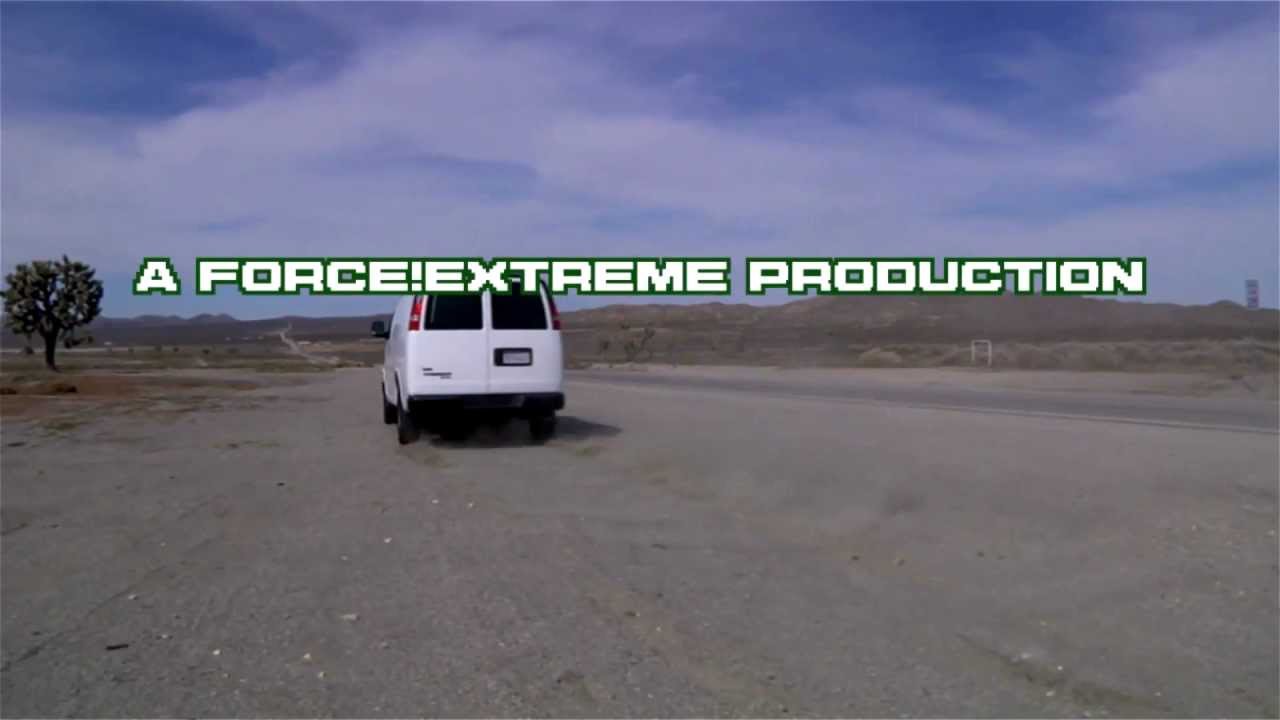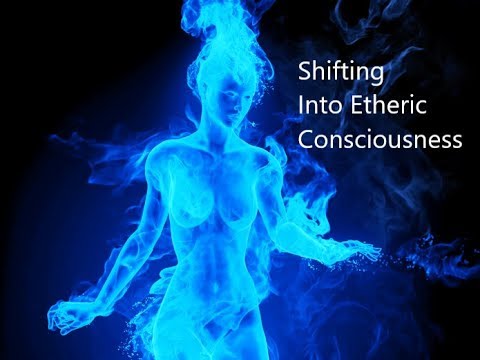Closer To Truth – Physics of the Observer
Why is an observer a critical part of quantum physics? What does it mean to be an observer? Does the act of observation affect what exists and what happens in the external world?
Click here to watch more interviews with Paul Davies http://bit.ly/2fSzUkp
Click here to watch more interviews on observers http://bit.ly/2xhKHYl
Click here to visit our website http://bit.ly/2xUAZgc
Click here to visit our main channel http://bit.ly/2xhIJXG
Source




There is a self but it has no essence.
If quantum mechanics are so turnt up why don't you electronic cowboys settle this with a quantum computer 😛
Fluid theory (Reproduction/Feed/Reasoning) decanted selfmultidimentionalover…
The polydynamics of the movement generates pseudo-autonomy as material property, of the autogenous phenomenon; existing.(…)
Simultaneous as my unidimensional variability…
unidimensional variability = live-beings
“What we do today affects the nature of reality as it was in the past, it doesn’t change the past … it does have an affect on what we can say about the past.”
An important experiment done today will affect what we can say about the past by focusing our explanations, our theories of physics, and thus limiting the number of things we can say might have happened in the past.
Fundamental to science in general, and thus to physics, is the belief that nature is consistent. If the nature of reality keeps changing then there is no point in trying to describe the nature of reality. Describing the nature of reality IS the project of science.
Yes Quantum physics is fuzzy but that doesn’t mean nature is fuzzy, just that our understanding is. Quantum physics is an attempt to describe reality, it isn’t reality itself. Those things with both wave and particle like characteristics don’t obey the laws of physics, the laws of physics describe what they do. If they are observed doing other that what’s in the laws they aren’t fined or put in jail, rather the laws need to be changed to fit what they do.
It makes no sense to say something “affects” another thing and at the same time saying it doesn’t change that other thing. Observations don’t change the past.
This guy made the most sense regarding observers
The train is leaving the tracks here. This is representative of the irrational notions of a want machine (an animal with a brain), which can accept a mathematical model irrespective of fact of observation. It opens the door to irrationality. It simply removes the requirement of scientific method from physics, which should never be allowed by a physicist. Gauss warned of this and it has gone unheeded. Dirac also expressed his discontent with the irrationality of mathematics that crept into QM. .
"Gauss to Gerling Goettingen, 25 August 1818
…I am happy that you have the courage to express yourself as if you recognized the possibility that our parallels theory along with our entire geometry could be false. But the wasps whose nest you disturb will fly around your head "
https://www.math.uwaterloo.ca/~snburris/htdocs/noneucl.pdf
The notion that empty space can be observed creates a delusional belief, not a fact. A picture of a point is never a point. The point in space never becomes an observable, that can never take place with scientific method. No one has ever observed the symbolic number pi. It just does not exist as an observable. No irrational number can be observed because irrational numbers are defined as process on rational numbers. Irrational numbers exist only as symbols for perpetual processes.
Computer Science had to allow for the propagation time of information to take place. This has nothing to do with the subconscious processing of an animal's brain. Computer Science is the only discipline which fully qualifies as scientific method via the necessity of a temporally consistent logic.
I wonder, ( I am an atheist) when Mr. Davies says that consciousness was instrumental in the beginning of the universe, that this is a sideways confirmation of a super intelligence? He says consciousness means something different at the quantum level than at the macroscopic level..does it even really deserve the name consciousness, then? Or even observer? Does not the language here become more of a detriment? Wouldn't it be better to find a word with less "macroscopic" meaning to it? I am sure science has a lexicon of words that might be better suited to it, no?
Until I observed the comments section here just now, the possibilities to the nature of their content was infinite. Once I observed them, they collapsed into the ones I read.
this guy seems still caught in classical egocentric thinking, about something being 'internal' and even our current narrow understanding of life or what could be 'alive'.
love to listen Paul
3:17 "What is an illusion or hallucination? It's erm an impression created by the brain." Is this the only tenable definition? It seems to me that "the brain" and "the self" are equally illusory. Both are human, flawed representations of something ineffable. They become illusory when we presume that they hit the mark which is believing that self-reference is possible.
3:26 "That is simply saying the self is created by the brain. Well sure, what else do you suppose it is created by? (laughs)" The illusion or hallucination position holds that there is a something else that can only be nodded to, or named impressively with special this-name-is-imprecise names such as God/Buddha-nature/satori/mind/an or "ineffable" which creates the illusions of both the brain and the self. This is to argue that human physics is human, and flawed, and incapable of being anything more than an approximation. If one believes in the fundamental particles then one is believe in an illusion. They are, as Bohm said, no more fundamental than other approximations such as measurements.
Wow, he really understands quantum mechanics. I love this guy. No wonder the book he wrote with Gribbin was a great inspiration for me somewhat 15 years ago, at the beginning of my journey.
oh boy ! did he get it wrong Paul Davies , the self is an illusion please do more research . FACT: we hallucinate our existence . Otherwise you explained the observer perfectly
Paul claims that the emergence of human consciousness/intelligence/information is fundamentally built into the fabric of the cosmos and is not an accident. I like that, although we might not yet know how.
Physicists are confused-Davies, illustrating with 'I observe therefore I am confused'.
Just like how phase transition transforms non-life matter into life, similarly the universal quantum field, with the SINGLE probability wave function, that governs everything in the universe, can self-simulate intelligent conscious 'observer', that collapses the field into particles, creating life and human consciousness with perfection and with probability ONE, proving the Anthropic Principle or divine purpose.
Man and God are entangled.
Observers are systems which amplify a signal
The biggest observer of all is the federal government…no, wait, it's Google..uh-oh, now i've done it. Stop! Stop! I didn't mean it!! HEEEEEEEEEEEEEEEEEEEEEEEEEEEEEEEEEELP!!!!!!!!!!!!!!!
Nah
The best of the Observer Interviews I think
Matter theory. The necessary and sufficient unifying physics theory of everything. No observer required. No nonsense to argue about. Pure physics for a much better understanding of everything in our universe. Search keywords: matter theory marostica.
I'm not sure why an observer needs to have a model of itself. That wasn't fully explained. What I want to know is how a human observer is any different to a mechanical one. The problem of any observer, whether human or otherwise, is that even after it makes an observation, that observer would be in a superposition of all outcomes from the perspective of a second observer that is yet unaware of the observed information. This is known as the Wigners Friend thought experiment. Although the experiment was intended to show that observers must be conscious, I think it failed to do so, and alternative explanations have been given. What we need is some form of Bell Inequality experiment combined with a Wigner's Friend experiment, to determine whether decoherence only occurs for conscious observers, or whether it occurs for mechanical observers as well. If anyone knows of any efforts to do this, I'd love to see it – but to my knowledge the question is either still open, or there is nothing special about consciousness when it comes to observers (i.e. mechanical observers are indistinguishable from conscious ones w.r.t quantum decoherence/entanglement etc).
A content free talk. Quantum Physics is strange, get over it, Paul.
"When you know, the light know." https://youtu.be/pmuvPQnntQE This is my axiomatization of original sin. I think so. I am the Uniontera Ja.
Do creatures who are not aware of themselves observe?
Are these interviewees happy to say things that the interviewer is not ready to question? Take two
“And then act” … self referencing is a quick shortcut to confusion. Why was consciousness “built in”? Ask that! I do…